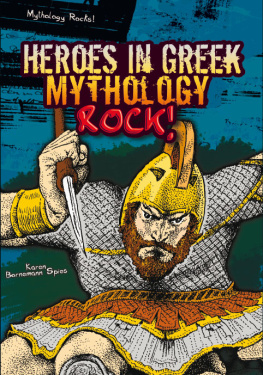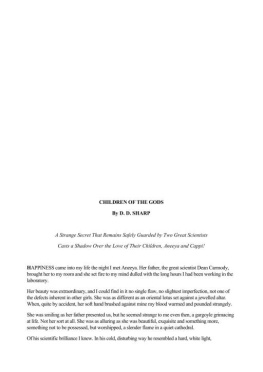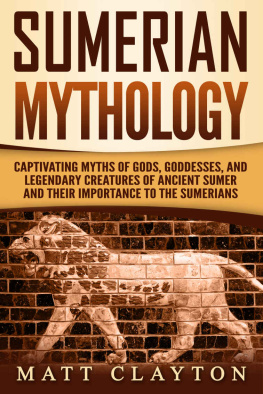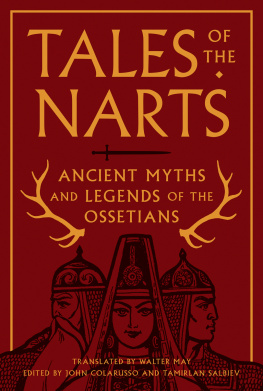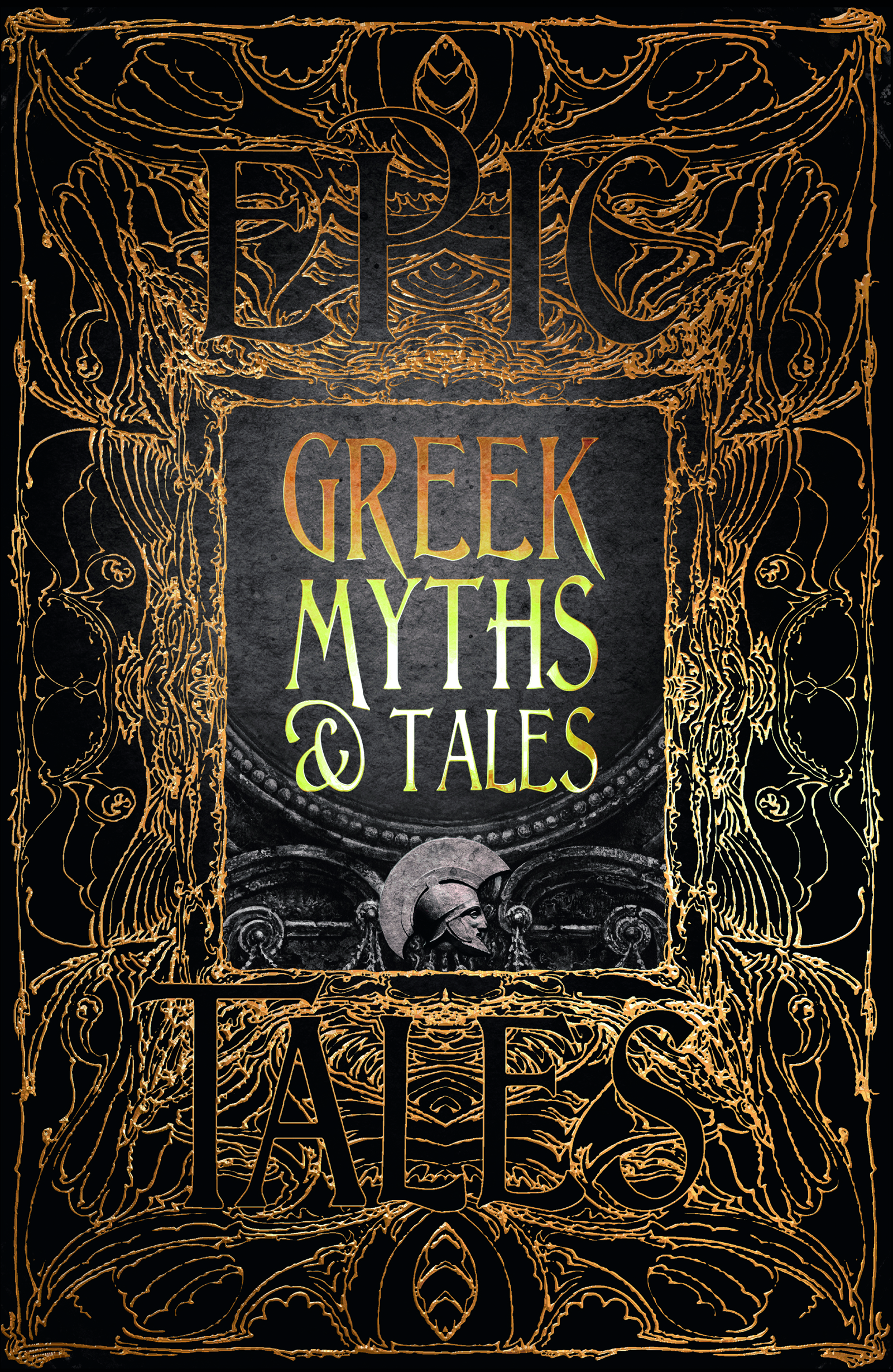This is a FLAME TREE Book
Publisher & Creative Director: Nick Wells
Project Editor: Catherine Taylor
Editorial Board: Catherine Taylor, Josie Mitchell, Gillian Whitaker
Thanks to Will Rough
FLAME TREE PUBLISHING 6 Melbray Mews, Fulham, London SW6 3NS, United Kingdom
www.flametreepublishing.com
First published 2017
Copyright 2017 Flame Tree Publishing Ltd
PRINT ISBN: 978-1-78664-657-6
EBOOK ISBN: 978-1-78755-259-3
All rights reserved. No part of this publication may be reproduced, stored in a retrieval system, or transmitted in any form or by any means, electronic, mechanical, photocopying, recording or otherwise, without the prior written permission of the publisher.
The cover image is created by Flame Tree Studio, based on artwork by Slava Gerj and Gabor Ruszkai.
A copy of the CIP data for this book is available from the British Library.
Introducing our new fiction list:
FLAME TREE PRESS | FICTION WITHOUT FRONTIERS
Award-Winning Authors & Original Voices
Horror, Crime, Science Fiction & Fantasy
www. flametreepress.com
Contents

Foreword by Richard Buxton
Publishers Note
Greek Mythology: Introduction
The Beginning
Introduction
Chaos and Nyx
The Egg Myth
The Titans
The Birth of Zeus
The Giants War
Prometheus
Pandora
The Great Deluge
The Major Olympians
Introduction
Zeus
Hera
Hestia
Poseidon
Demeter
Artemis
Phoebus-Apollo
Pallas-Athene
Ares
Hephaestus
Dionysus
Hermes
Aphrodite
Other Divinities
Introduction
Hades
Themis
Helios
Eos
Selene
Eros
Nike
Divine Punishment
The Muses
The Graces
The Fates
Nyx and Her Progeny
Asclepius
Sea Divinities
Pan
The Nymphs
Perseus the Gorgon-Slayer
Introduction
How Perseus and His Mother Came to Seriphos
How Perseus Vowed a Rash Vow
How Perseus Slew the Gorgon
How Perseus Came to the Aethiops
How Perseus Came Home Again
The Adventures of Heracles
Introduction
Young Heracles
Heracles and Eurystheus
The Twelve Tasks
Heracles Freedom
The Death of Heracles
The Heraclidae
Jason and the Argonauts
Introduction
How the Centaur Trained the Heroes on Pelion
How Jason Lost his Sandal in Anauros
How They Built the Ship Argo in Iolcos
How the Argonauts Sailed to Colchis
How the Argonauts Were Driven into the Unknown Sea
The End of the Heroes
Tales of Theseus
Introduction
The Wedding of Aethra
The Boyhood of Theseus
Adventures of Theseus
Theseus Finds His Father
Heralds Come for Tribute
Theseus in Crete
The Slaying of the Minotaur
The Theban Cycle
Introduction
Cadmus
Oedipus
The Seven Against Thebes
The Epigoni
Alcmaeon and the Necklace
Tales of Troy
Introduction
The Judgement of Paris
The Wooing of Helen of the Fair Hands
The Stealing of Helen
Trojan Victories
Battle at the Ships
The Slaying and Avenging of Patroclus
The Ransoming of Hector
How Odysseus Stole the Luck of Troy
The Death of Achilles
Odysseus Sails to Seek the Son of Achilles
The Slaying of Paris
How Odysseus Invented the Wooden Horse
The End of Troy and the Saving of Helen
Homers The Odyssey
Introduction
The Telemachia (Books 14)
The Wanderings (Books 512)
The Return to Ithaca (Books 1324)
Crime and Punishment
Introduction
Tartarus
The Punishments of Apollo
The Calydonian Boar Hunt
The Cattle of Admetus
Myths of Love and Courage
Introduction
Orpheus and Eurydice
Echo and Narcissus
Icarus and Daedalus
Bellerephon
Pelops
Ion
Philemon and Baucis
Loves of the Gods
Introduction
Eros and Psyche
The Rape of Persephone
Zeus Affairs
The Loves of Helios
Eos and Tithonus
The Loves of Apollo
Dionysus and Ariadne
The Link to Roman Mythology
Introduction
The Birth of Roman Mythology
Adventures of Aeneas
Biographies & Sources

Foreword:
Mary Shelley Horror Stories

Anyone turning the pages of yet another new collection of retellings of the Greek myths, like the present one, might be forgiven for wondering why publishers still go back to this material. The answer is simple. These stories are as powerfully relevant today as they have ever been. Its true that some of the locations Cyllene, Pieria, Tiryns may sound unfamiliar. So may some of the names: Andromache, Diomedes, Pentheus. But other places and names are still firmly part of our cultural heritage: Athens and Troy; Achilles and Odysseus. Greek mythical characters still make implied claims to status in numerous real-world twenty-first-century contexts: Eros is one of Londons iconic landmarks; the Heracles General Cement Corporation is a major industrial company in Greece and beyond; NASAs Apollo space program took humans to the Moon.
Even more significant is the fact that many of the issues raised by the myths remain live and contemporary. Take an episode usually referred to as The Judgement of Paris. When the Trojan prince Paris was confronted by three beautiful goddesses demanding to know which of them was the most beautiful, how was he to choose? He did so by ranking the three bribes which they offered: supreme political power (Hera), victory in war (Athene), or the sexiest woman in the world in his bed (Aphrodite). As to the choice he made, that is, as they say, history: and what followed his choice was the Trojan War, since that super-sexy woman was Helen, married to the Greek warrior Menelaus. But at the root of the myth is the fascinating idea of an insoluble dilemma. The same is true for Antigone, the woman who, in Sophocles unforgettable tragedy, has to choose between defying the ruler of the state, and burying the corpse of her traitorous brother. Greek myths constantly come back to dilemmas, to thought experiments. That is one major reason why they remain contemporary.
Another reason for us to keep going back to the Greek myths is that they are never simple, and often fascinatingly ambiguous. In Greek mythology, the truth is never a matter of black and white, of pure good and pure evil. There are plenty of unpleasant characters in the myths, but they all have a case to argue, a role to play, a justification to advance. For instance, the goddesses known as the Furies were physically repulsive, but they exercised a vital moral function: they pursued those guilty of crimes of blood against their own kin. Indeed not one of the Greek gods can be said to be simply good (or bad); they all have their personal agendas, their corners to fight. This same moral complexity applies to the humans too. Take the Suitors, those local Ithacan men who wooed Penelope in the absence of her husband Odysseus, as Homer narrates in the Odyssey. All our sympathies might seem to lie with Odysseus and against the Suitors. But maybe its not so straightforward. After all, everyone assumed that Odysseus was dead in which case it was absolutely logical and expected for Penelope to remarry. Even the Suitors have a justification to advance.


